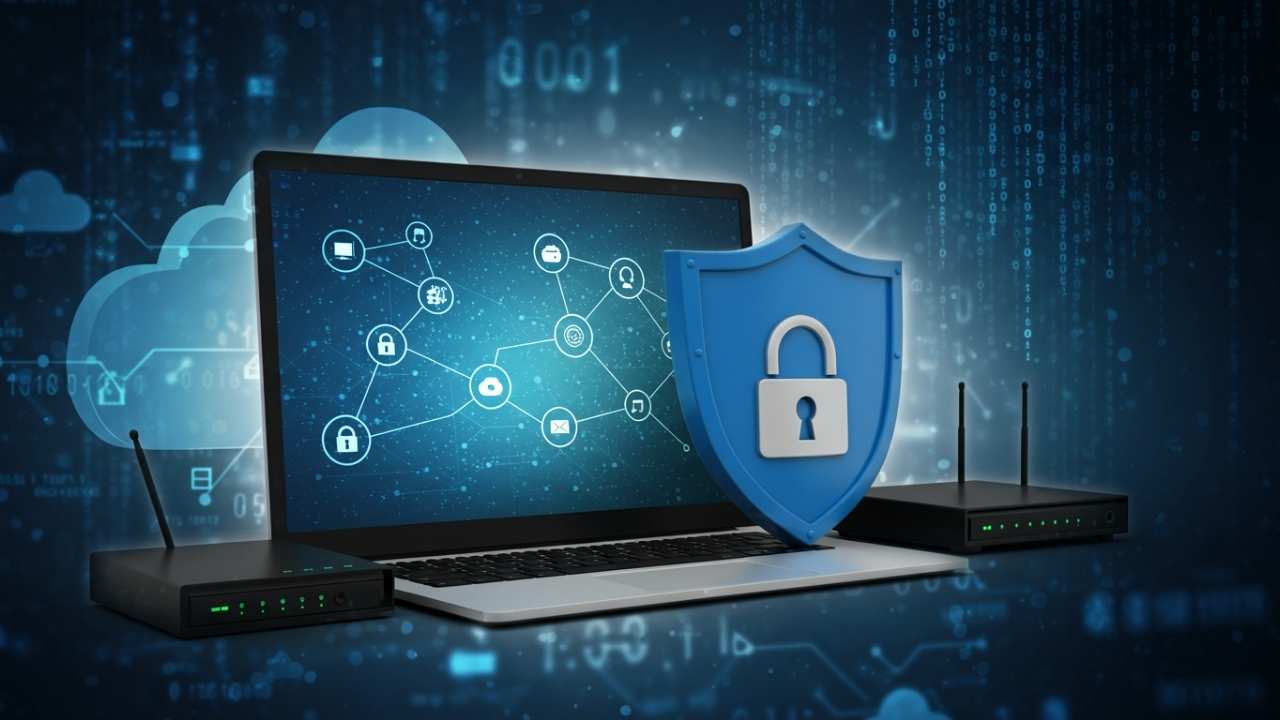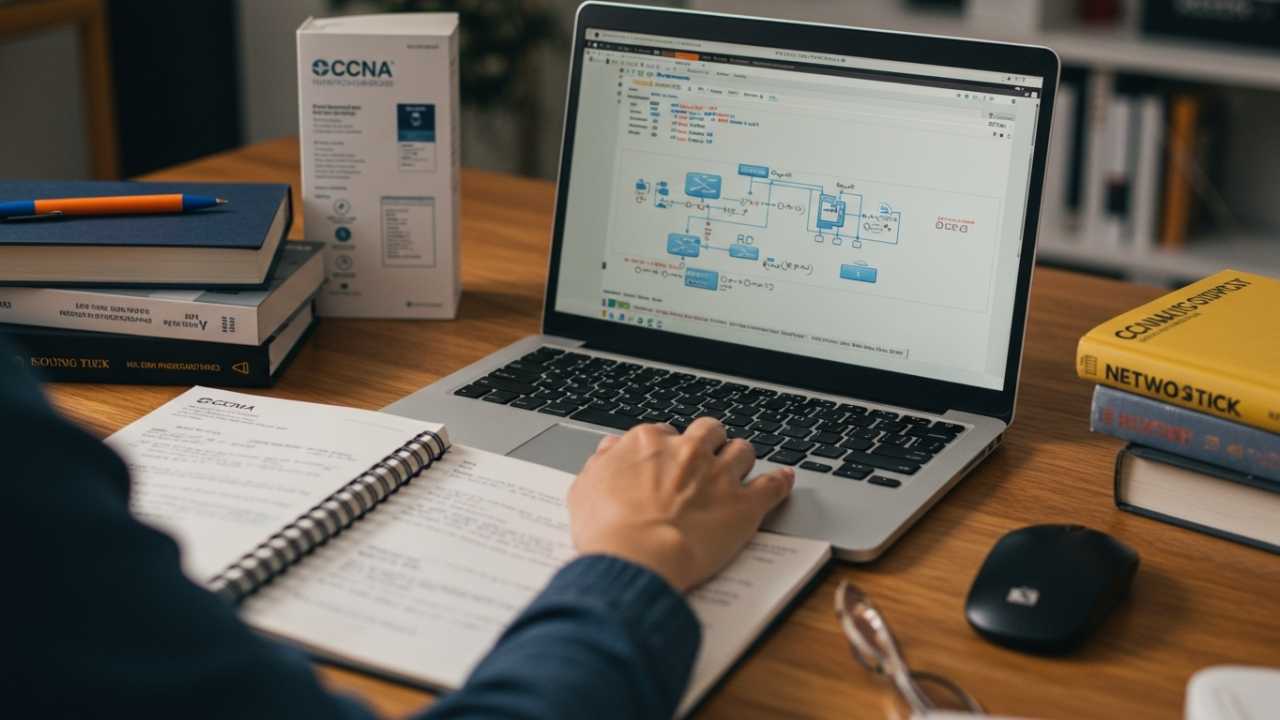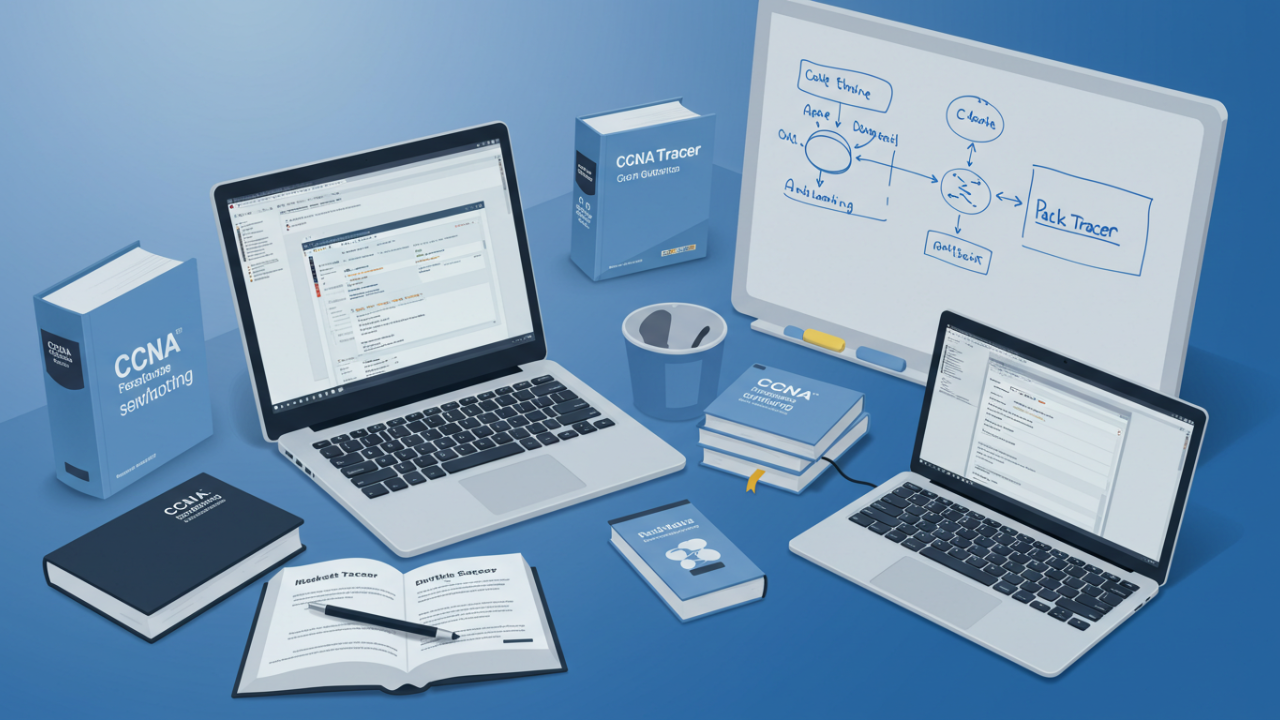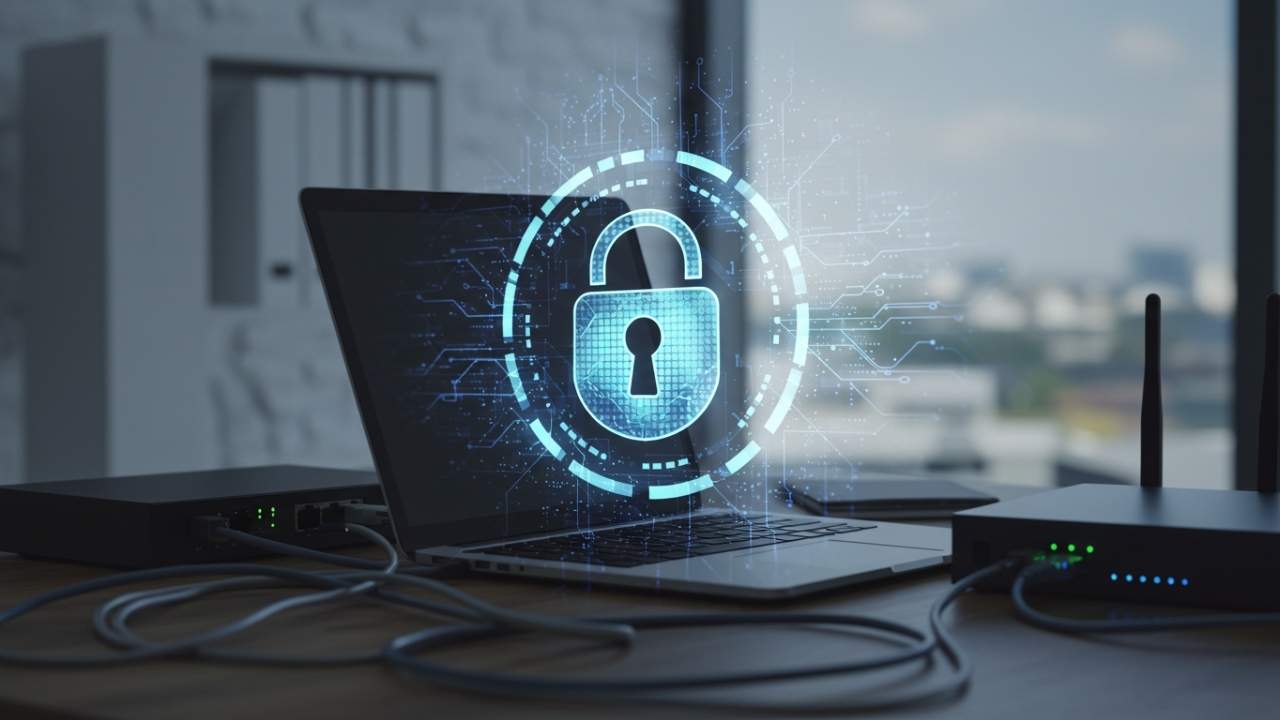Getting certified in IT can open many doors for your career. Whether you’re aiming for certifications like CompTIA A+, Cisco’s CCNA, or Microsoft’s MCSA, the key to passing is a strong, efficient study strategy. The importance of good study habits can’t be overstated, especially with how demanding IT exams can be. But don’t worry – you don’t have to navigate this journey alone. In this article, I’m going to guide you through the best study strategies for IT certification exams. By following these methods, you’ll be well on your way to acing your exam with confidence.
Key Takeaways
-
Break your study sessions into manageable chunks.
-
Focus on hands-on practice in addition to theory.
-
Make use of practice tests to familiarize yourself with the exam format.
-
Set realistic goals and stay consistent in your study routine.
-
Don’t forget to revise and rest before the exam to avoid burnout.
Why the Best Study Strategies for IT Certification Exams Matter
Before diving into specific strategies, it’s important to understand why having the right approach to studying for IT exams is crucial. IT certifications often require in-depth knowledge of technical concepts, which can be overwhelming without a structured approach. With the right strategies in place, you can not only boost your understanding of these concepts but also reduce exam anxiety. Here’s how the best study strategies for IT certification exams can make a difference:
-
Improved Retention: The best study strategies make sure you’re learning in a way that sticks. Active learning techniques ensure that you aren’t just memorizing facts but are also understanding how they apply in real-world situations.
-
Reduced Stress: Breaking down the exam content into bite-sized pieces makes the task less intimidating and more manageable.
-
Better Results: Ultimately, applying the best strategies will give you the best chance to pass your exam the first time around.
The Best Study Strategies for IT Certification Exams
1. Understand the Exam Format
Understanding the structure of your IT certification exam is the first step to preparing effectively. Each exam has its own format, and knowing what to expect can significantly improve your confidence and performance.
What to Expect:
-
Multiple Choice Questions (MCQs): Most exams feature MCQs that test your theoretical knowledge.
-
Hands-On Labs: Exams like Cisco’s CCNA include practical tests that assess your ability to configure networking equipment and solve problems in real time.
-
Timed Exams: You will usually have a set amount of time to complete the exam, so practicing time management is key.
Why This Helps: By familiarizing yourself with the exam format, you can approach each section with a clearer mindset. This means you’re not caught off guard when it’s time to answer a practical or theory-based question.
2. Create a Study Plan and Stick to It
When preparing for an IT certification exam, one of the best study strategies is to break your preparation into manageable chunks. A well-structured study plan helps you cover all the necessary topics while avoiding last-minute stress.
Steps to Create Your Study Plan:
-
Assess Your Available Time: Figure out how much time you can dedicate to studying each day or week. This will help you plan out when and what to study.
-
Break Down the Topics: Use the official exam guide or objectives provided by the certification body (e.g., CompTIA, Cisco) to break down the material into smaller topics.
-
Set Realistic Goals: Focus on one topic at a time. For example, spend a week on “Networking Fundamentals” or “Security Principles.” Setting small, achievable goals each week helps keep your progress on track.
Why It Works: A well-organized study schedule keeps you from feeling overwhelmed. It also ensures you don’t skip over important topics.
3. Active Learning: The Key to Retaining Information
Active learning is one of the most effective study strategies for IT certification exams. It’s a technique that forces you to engage with the material and retain the information more effectively.
Active Learning Techniques:
-
Self-Testing: Quizzes and practice questions are a great way to test your understanding. Many study guides offer questions at the end of each chapter that mimic real exam scenarios.
-
Flashcards: Use tools like Quizlet or physical flashcards to reinforce key terms and concepts.
-
Teach What You Learn: Try explaining a concept to someone else, even if it’s just your pet! Teaching forces you to fully understand the material.
Hands-On Practice: For IT exams, hands-on practice is just as important as theory. If your certification involves configuring hardware or software, make sure you spend time working through these practical exercises. You can use virtual labs or simulators to practice if you don’t have access to physical equipment.
4. Use High-Quality Study Resources
Your study resources play a significant role in preparing for the IT certification exam. The best study strategies for IT certification exams include using trusted, reliable resources that cover the exam objectives comprehensively.
Top Resources to Consider:
-
Official Study Guides: Books from the certification body, like Cisco’s Official Cert Guides or CompTIA’s study materials, are always up-to-date and reliable.
-
Online Courses: Websites like Udemy, LinkedIn Learning, and Pluralsight offer video courses that can help reinforce concepts visually.
-
Practice Tests: Using mock exams will help you get used to the timing and pressure of the real exam. Many study platforms offer practice tests that simulate real exam conditions.
Why It Works: These resources are designed specifically to help you prepare for the exam. They ensure you’re focusing on the right material and have the tools you need for hands-on practice.
5. Join a Study Group or Community
One of the best study strategies for IT certification exams is to connect with others who are also studying. Online forums and study groups are great ways to share resources, ask questions, and get advice from others.
Where to Find Study Groups:
-
Reddit: Subreddits like r/CompTIA or r/ccna are great places to discuss topics and share resources.
-
Online Forums: Websites like TechExams or Cisco Learning Network offer space for learners to ask questions and discuss certification topics.
-
Social Media Groups: Platforms like Facebook and Discord have study groups for various certifications.
Why This Helps: Being part of a community provides support and accountability. You can get advice on tough topics and share your learning experiences.
6. Time Management and Exam Day Strategies
Effective time management is crucial both during your study sessions and the actual exam. Here are some time-saving strategies that can make a big difference.
During Study:
-
Use the Pomodoro Technique: Study for 25 minutes, then take a 5-minute break. After four sessions, take a longer break. This helps maintain focus and prevent burnout.
-
Track Your Progress: Use tools like Trello or Google Sheets to track your study goals, deadlines, and achievements.
On Exam Day:
-
Practice Time Management: Take a few practice exams under timed conditions so you’re prepared for the real thing.
-
Rest the Night Before: Don’t cram the night before. Make sure you get a good night’s sleep to ensure your brain is fresh on exam day.
7. Review and Revise Before the Exam
The final phase of your study process should focus on reviewing and consolidating what you’ve learned. A strong revision strategy is one of the best study strategies for IT certification exams.
Revision Tips:
-
Focus on Weak Areas: Review areas where you scored low in practice tests. Allocate more time to these topics.
-
Use Summary Notes: Create condensed versions of your notes or mind maps for easy reference.
-
Take One Final Practice Test: This will help you simulate the exam and check if you’re ready for the real thing.
Why It Works: Revising allows you to reinforce your understanding and ensures that you’re prepared for any surprises on exam day.
My Opinion
The best study strategies for IT certification exams are those that allow you to manage your time effectively, focus on key areas, and practice regularly. Remember, consistent study, hands-on practice, and quality resources are essential. Stay positive, follow these strategies, and you’ll be well-equipped to ace your exam. Certification may seem like a challenge, but with the right mindset and preparation, it’s an achievable goal that can significantly boost your career.

















Leave a Reply